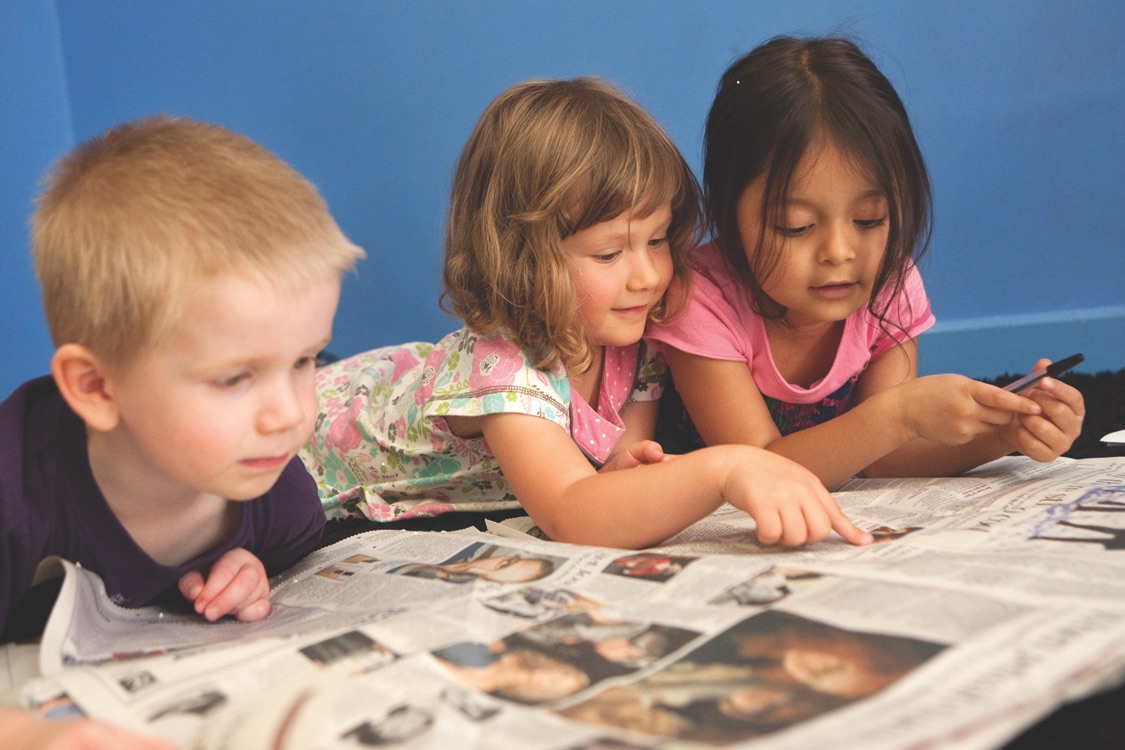The Benefits of Preschool

The first five years are critical to a child’s lifelong development and preschool education can play an important role in determining their success. A child’s early experiences influence their brain development, establishing the neural connections that provide the foundation for language, reasoning and problem-solving, social skills, behaviour and emotional health – characteristics that are significant factors in each child’s success at school and beyond.
A major study on the impact of effective preschool education, commissioned by the Department for Education and Skills, found that preschool education improves a child’s development and behaviour and children who start preschool under the age of three years have ’better intellectual attainment and peer relationships ’.
The study also found that children who attend a preschool start school with a cognitive advantage and the longer children are in preschool, in months and years rather than the number of hours per day, the greater the advantage they have.
A second major study also funded by the Department of Education – Effective Preschool, Primary and Secondary Education (EPPSE) found that preschool experience continues to influence a child’s development throughout their learning journey until the age of 16 and children who attend effective, high-quality preschools for a longer duration show better intellectual and social profiles.
Preschool and early education has also been proven to provide additional support to each child on their journey and predict greater academic success, higher GCSE scores and better results in GCSE English and maths.
The early years are therefore the most important time when the foundations for learning are built through purposeful play in safe, stimulating, learning environments, with the support and guidance of Early Years educators who respect and value the importance of developmentally appropriate teaching and learning strategies.
At Bright Horizons, our structured and purposeful learning, balanced with self-initiated and adult supported play, creates a learning experience that is both challenging and enjoyable and children are encouraged to approach the world with curiosity and a positive disposition to learn. As children move out of toddlerhood into the independence of the preschool years, they require the confidence, skills and desire to think for themselves, to solve problems, to work with others, to communicate, and to gain an increasing understanding of the world and how it works.
Our parent survey[1] has helped us to gain a better understanding of how our parents feel we support and prepare children for their transition to school. This has enabled us to reflect upon our practices and identify which areas are most beneficial for further development.
95% of parents felt their child started school with a strong enthusiasm to learn after graduating from a Bright Horizons nursery.
94% of parents felt their child started school with the confidence and resilience to adapt to a new school environment and routine.
93% of parents felt their child left our care feeling confident and independent, with self-help skills.
[1] School Readiness Survey. Bright Horizons (2013)





